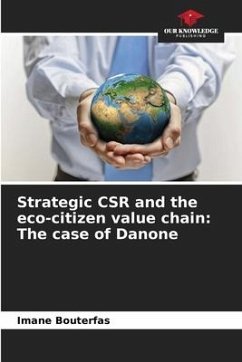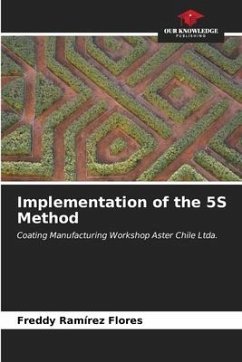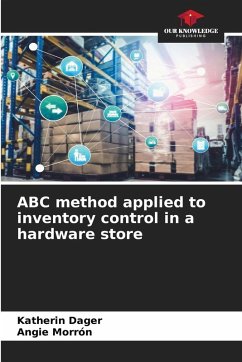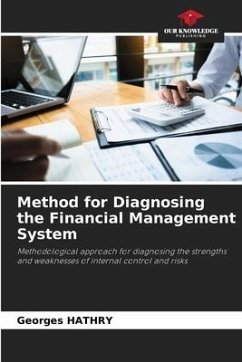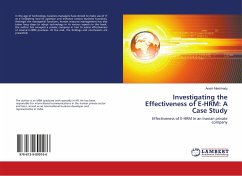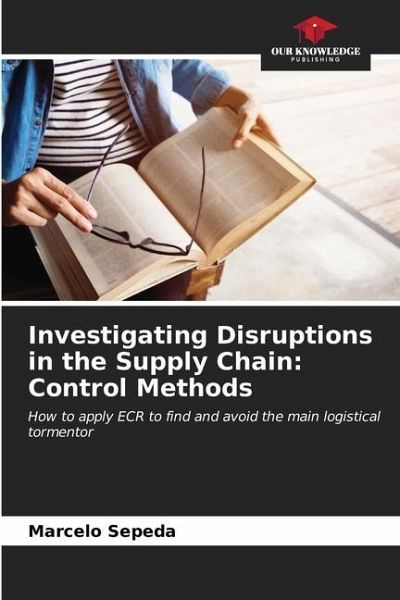
Investigating Disruptions in the Supply Chain: Control Methods
How to apply ECR to find and avoid the main logistical tormentor
Versandkostenfrei!
Versandfertig in 6-10 Tagen
47,99 €
inkl. MwSt.

PAYBACK Punkte
24 °P sammeln!
Among the main problems encountered in logistics chains, ruptures have gained the most attention because they are the biggest. As a result, the book chooses to work with the methodology suggested by ECR Brasil to track down and discover the causes that lead to such disruptions, using, as its object of study, a list of 50 pharmaceutical products (medicines) that were analysed over the course of a month in one of the shops belonging to the largest pharmacy chain in the Northern Region (Imifarma). In addition, by mapping the order cycle between the Distribution Centre (DC) and the Points of Sale ...
Among the main problems encountered in logistics chains, ruptures have gained the most attention because they are the biggest. As a result, the book chooses to work with the methodology suggested by ECR Brasil to track down and discover the causes that lead to such disruptions, using, as its object of study, a list of 50 pharmaceutical products (medicines) that were analysed over the course of a month in one of the shops belonging to the largest pharmacy chain in the Northern Region (Imifarma). In addition, by mapping the order cycle between the Distribution Centre (DC) and the Points of Sale (POS) and interviewing employees involved in the logistics management of the chain, it was possible to identify the other problems affecting the efficiency of the focal company's supply chain. As a result, this study has come up with a range of suggestions for improvements to the disruption and other problems encountered. Among the proposals for improvement mentioned, ECR was the most noteworthy because it was presented as a tool that covers the solution to a large part of the problems faced by Imifarma's chain (especially the issue of stock-outs).



